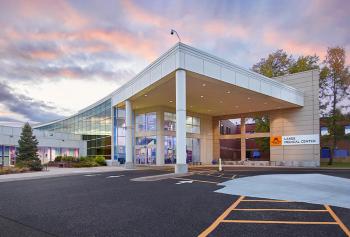
Feds announce 1,000 residency slots for hospitals
The positions will be targeted toward hospitals in rural areas and underserved communities. They will be phased in over five years.
Hospitals in rural and underserved communities will be able to train more residents in the coming years.
The Centers for Medicare & Medicaid Services has announced a final rule that would provide 1,000 residency positions to qualifying hospitals over the next five years. The government will be funding 200 slots annually. The government will spend $1.8 billion over 10 years when all the slots are in place.
It’s the largest increase in Medicare-financed residency positions in 25 years, CMS said. The final rule was published Dec. 17.
CMS Administrator Chiquita Brooks-LaSure said she was grateful to Congress for authorizing the funding.
“CMS recognizes the importance of encouraging more health professionals to work in rural and underserved areas, and the need to train and retain physicians to improve access to health care in these communities,” Brooks-LaSure said in a statement.
The first slots will be announced by January 31, 2023 and will be effective by July 1 of that year.
The government said it will place the top priority for residency positions in areas that are most in need of healthcare providers.
CMS hopes that physicians will want to continue their careers in rural areas and underserved communities.
“Doctors are most likely to practice in the areas where they do their residencies,” Dr. Meena Seshamani, director of the Center for Medicare, said in a statement.
“Having additional residents train in the very areas that need the most support can not only bolster the numbers of providers in these underserved areas, but also train them with a unique understanding of the specific needs of these communities,” Seshamani said.
Healthcare leaders have urged the government to put more money toward graduate medical education to address the nation's
In an encouraging trend, more people are interested in pursuing careers as doctors. Earlier this month, the Association of American Medical Colleges reported a



































